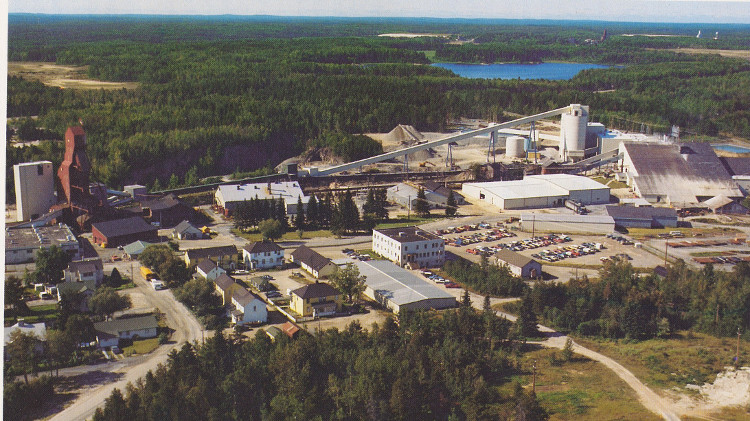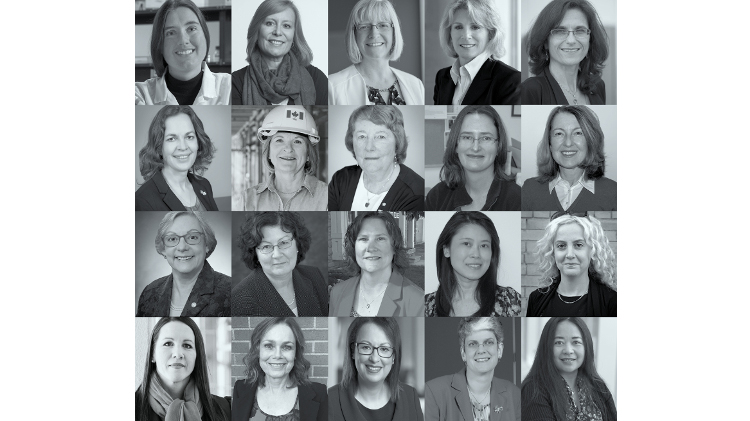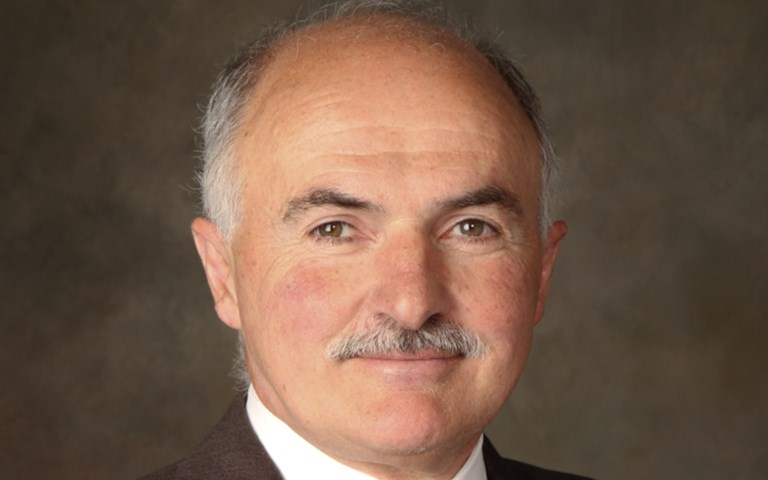This was one of our favourite stories of the year. To see the full list, check out our Editors' Picks of 2018.
Bank capital is more transparently allocated, especially for lending in fragile economies, now that Basel III is in effect. This international regulatory accord, a response to the 2007-2009 financial crisis, aims to strengthen regulation, supervision, and risk management for banks. This means that project-risk financing from banks in politically and economically frail countries is going to be increasingly hard to find, putting the onus on mining companies to have a higher equity commitment. Having worked with many developing countries during my career at the World Bank Group, several New York City banks and Export Development Canada (EDC), and especially now, I am frequently asked my opinion on political risk reduction, and there is no silver bullet. With mining operations increasingly taking place in countries with uncertain political climates, it is more important today than ever before to think carefully about risk mitigation and management.
I have compiled a list of general guidelines below. It is important to remember that the strategies, or partial strategies, are not guarantees against political risk, but they can go a long way to mitigating it.
1. Hire locals whenever possible. Locals, especially in seriously impoverished countries, can provide invaluable and early political feedback. These workers can be the eyes and ears on the local or regional political situation. In the Democratic Republic of Congo (DRC), for example, where regional interests may be at odds with the capital, local hires have proven to be a valuable resource for many foreign mining companies in the outlying regions.
2. Hold semi-annual meetings with the locals. Invite local, regional and national stakeholders to provide feedback on the prevailing issues. Make sure your mining company’s senior management is represented at these meetings so the issues are heard and can be addressed directly, not via third-hand routes.
Related: Exploring how miners can reduce their exposure to corruption risk
3. Ensure the permits and community relations (PCR) person is properly placed. The PCR person should answer directly to the COO, the CEO, or as high up in your organizational chart as possible. If your PCR person is answering to an internal department, such as legal or operations, it may misinterpret the issue, in a purely legal fashion for example, which may not reflect the nature of the grievance. Or, because operations departments tend to focus on immediate operational results, quotas and budgets, it may subordinate the grievance. And always remain aware of your existing accords and permits and get your renewals in early.
4. Optimize resource sharing and issue minimization. Share as much of your infrastructure as possible with the local population. Mining companies in the DRC have opened up their ex-pat-staffed schools and clinics to the whole community. Elsewhere in Africa, power lines are crossing the mining perimeter to help illuminate the surrounding towns. These kinds of goodwill actions may increase operating costs marginally, but they go a long way to reducing the political risks that can arise in a hostile environment. This is why many feasibility studies are actually infeasibility studies: They reduce the operating costs of the mine by excluding the surrounding community of power, drinking water and telephony, thereby cosmetically increasing the sustainability of the project, but this only increases the political risk of social discontent.
5. Minimize the environmental footprint. If possible, choose affordable solar and wind power to reduce your energy costs. This has the added benefit of reducing your dependency on the local power utility, thus reducing the associated political risk. Additionally, road sharing with a nearby extractive industry can reduce both the physical footprint and the permit red tape required (and, of course, the potential for political repercussions).
Related: Cordoba Minerals’ beekeeping initiative at its San Matias project gives locals a new employment opportunity
6. Get political risk insurance. The final point, and one that is often lost on many mining entities, is that political risk insurance, from, say, the EDC or the Multilateral Investment Guarantee Agency of the World Bank Group, is a good investment. Insurance is an effective deterrent against countries taking hostile action on a guaranteed investment, as doing so creates negative consequences elsewhere for the country. A gentleman’s agreement made on the golf course with a minister may seem secure, but institutional shareholders will need more.
Political risk is here for a while. We must accept it, anticipate it and plan around it. By keeping these above strategies in mind, we will all sleep better.
Mauro Chiesa has over 39 years of experience in financing and advising extractive and infrastructure projects. He has worked with multinational banks in New York City, at the World Bank Group and EDC.




